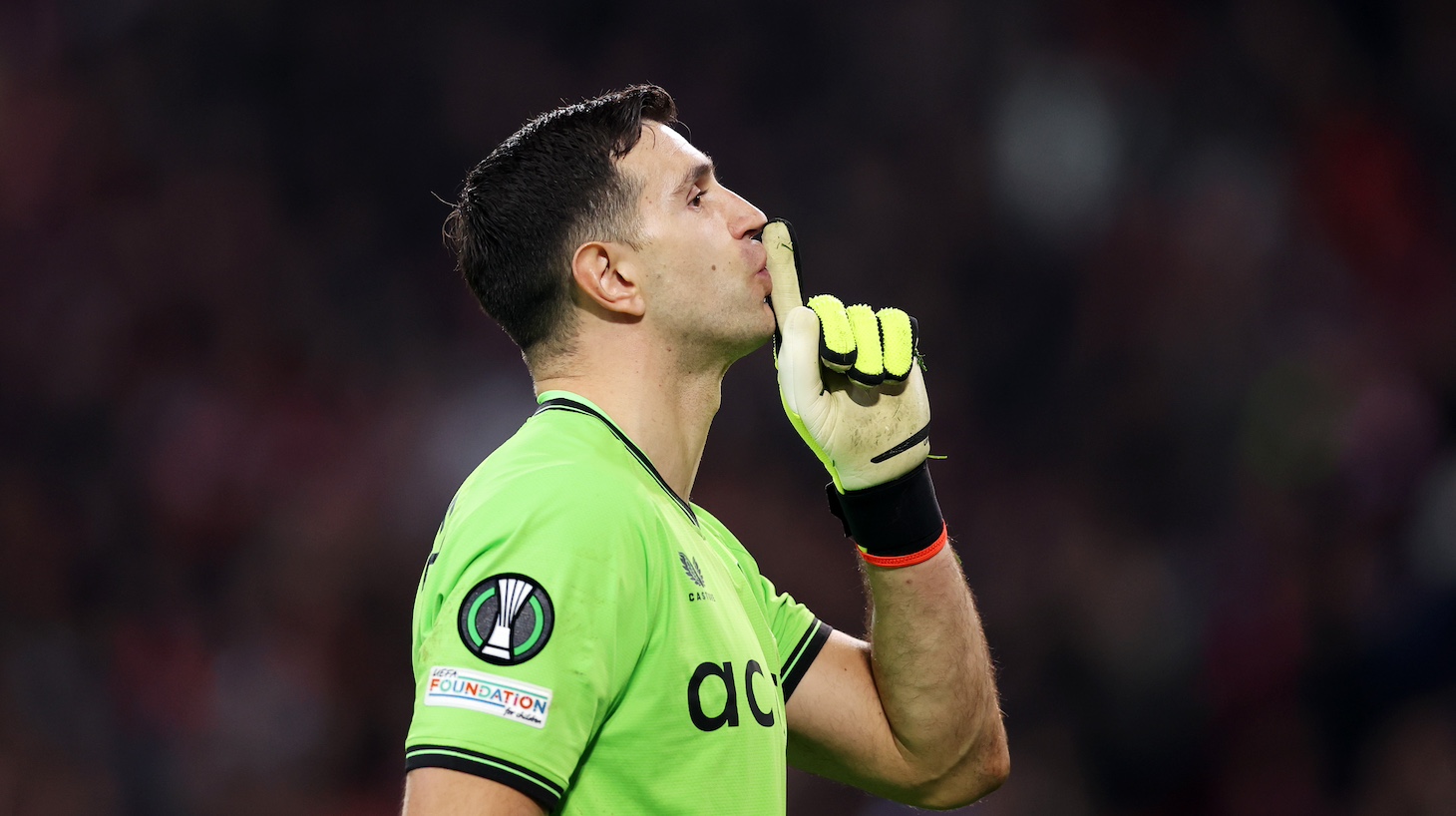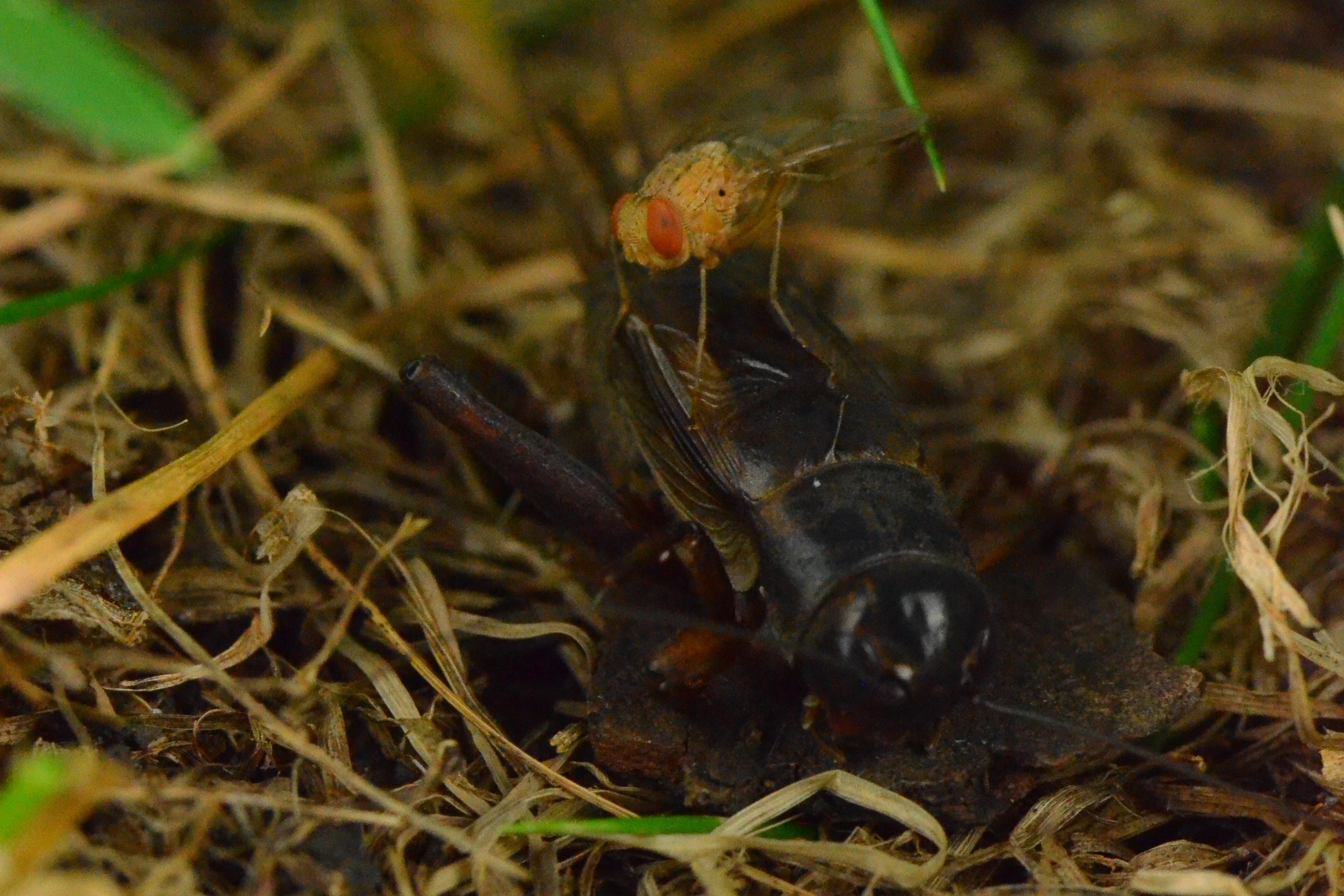We talk about different things on the podcast, if maybe not quite as many different things as we should, but even those variously wide-ranging conversations tend to resolve to considerations of a few basic questions. These are not the big questions, as that concept is generally understood; one of the questions to which this show regularly turns and returns is "what are some things that are good to eat for lunch?" But while that question is (once again) addressed in this episode as well, the one that Drew and I spent the most time on is more explicitly sports-related. That question is "what makes good teams good," and if it's not one that we are quite as good at answering as the lunch-related one that I mentioned earlier, it is for sure one that we have both thought about, mostly in the context of the not-that-great sports teams we care about. This time, in an episode so full of powerful insights that we didn't even have room for a guest, we tried to take a slightly less myopic approach.
For a while, anyway. If permitted to talk to each other for a sufficiently long period of time, Drew and I will invariably wind up talking about Our Teams, and there's a bit of that in here. But the question of the Los Angeles Dodgers—how their preposterous and long-running success is even possible, and where it comes from—is absolutely interesting enough both in itself and in its implications for teams that Drew and I care about more urgently to fill a podcast. It doesn't quite fill this entire one, but I can't say I didn't do my best on that front. We still have another couple weeks of regular-season baseball and quite possibly all of October to figure out how best to appreciate (or bitterly rue the existence of) the Dodgers, though, and so the decision to follow the question outwards—to try to quantify the difference between good organizations and bad ones, and to figure out how much more there is to building a winning team than just spending money on good, expensive players—seemed like a good one. So we did that.
Following some talk about the joys of Aaron Judge season and fond memories of the ridiculous 1998 Sosa/McGwire homer chase, and a decent quantum of Wife Guy Chat and some of the requisite material about getting old/grouchy, we allowed ourselves a treat—returning to consider Nathaniel Hackett's implausibly poor, impossibly delightful, completely overmatched stint as a NFL head coach. This led in some unexpected directions—first to the Washington Post's blockbuster report on the NFL's shamefully anti-black hiring and firing practices, then to the sources and strange self-sustaining practices of institutional mediocrity, and finally and perhaps inevitably to how all this backslapping, accountability-averse failure manifests itself elsewhere in the culture. Somehow Bill Maher is mentioned, and while that is my fault I think it's important to remember that Bill Maher really is awful. Just terrible! Still my fault for bringing him up, but it's something to bear in mind.
After that, there was nothing left but the dumb stuff. We remembered some New Orleans Saints receivers, and I fondly remembered some formative days watching Aaron Brooks's avant-garde quarterbacking in my friend Mike's apartment. We harvested some gems from the Funbag, addressing both the hygienic best practices when it comes to visiting a doctor's office and the best way to televise cool sports things. At some point in there, I did a slightly too-energetic Christopher "Mad Dog" Russo voice, but I won't tell you where. I did this not because "why is Christopher 'Mad Dog' Russo like that?" qualifies as one of the eternal questions to which our podcast regularly returns, although it would certainly be a valid one, but because it felt right. There is a time for the big questions, and there is a time for silly voices imitated poorly. Thankfully, the episodes are generally long enough to contain both.
If you would like to subscribe to The Distraction, you can do that at Stitcher, or through Apple Podcasts, Spotify, or wherever else you might get your podcasts. If you’d like to listen to an ad-free version of the podcast, you can do so on Stitcher Premium; a free month of Stitcher Premium can be yours if you use the promotional code “DISTRACT.” Thank you as always for your support.
If you liked this blog, please share it! Your referrals help Defector reach new readers, and those new readers always get a few free blogs before encountering our paywall.
Editor. Co-host of The Distraction.
Stay in touch
Sign up for our free newsletter





